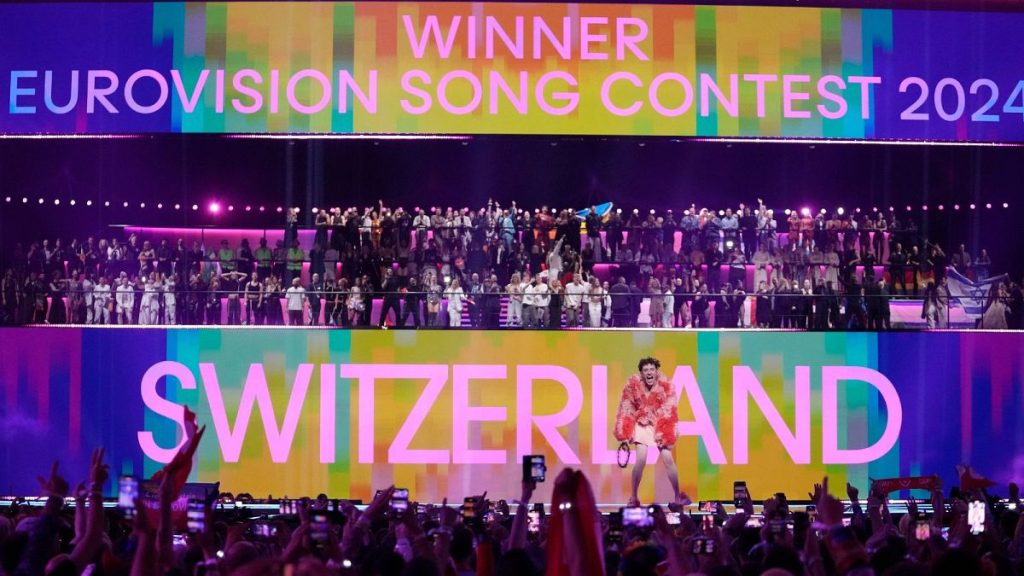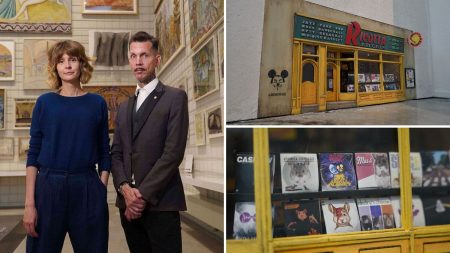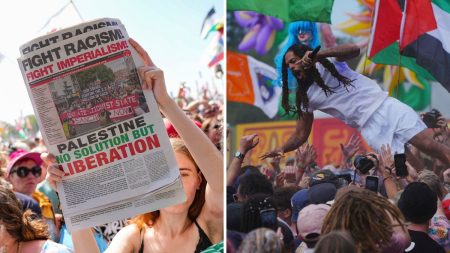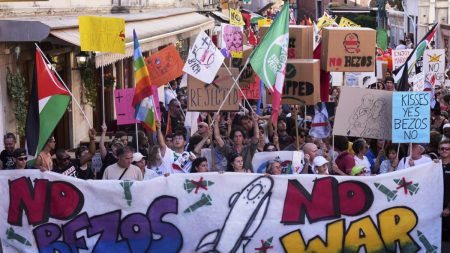In a significant decision, voters in Basel, Switzerland, endorsed investment of €37.5 million to host the 2025 Eurovision Song Contest, marking a moment of triumph amid opposition from conservative factions. The move came after Swiss singer Nemo secured the win for Eurovision 2024, earning Switzerland the opportunity to host the next edition of this prestigious music competition. Despite facing considerable pushback, particularly from the Federal Democratic Union of Switzerland (EDU), the referendum passed comfortably. The event is set to proceed, signifying a collective embrace of cultural celebration in the region.
The EDU, a conservative political party, initiated a petition that prompted the Grand Council of Basel-Stadt to hold a referendum, arguing against the use of public funding for Eurovision. Their concerns centered around a perceived “loss of image” for Basel, fueled by accusations that the contest promotes controversial ideologies, including “wokeism” and trans rights. Board member Philippe Karoubi particularly criticized the artistic expressions showcased in Eurovision, labeling them as “blasphemous.” One of the premier targets of their criticism was Irish performer Bambie Thug, who was unfairly branded as “occult” and “Satanic,” despite a performance that drew more inspiration from popular culture than from malevolent themes.
In stark contrast to the conservative critique, a majority of Basel residents supported the event, reinforcing the notion that public sentiment leans towards inclusivity and acceptance. After two weeks of mail-in voting, the referendum results revealed an overwhelming majority, with 66.57% of voters approving the funding, and a voter turnout that reached 57%. This response indicates a decisive rejection of the conservative narrative and underscores a broader cultural acceptance within the community.
With the approval now secured, Basel is officially set to host the 2025 Eurovision Song Contest at the renowned St. Jakobshalle venue. The contest will unfold over several days, with semi-finals scheduled for May 13 and 15 and the grand finale on May 17. Had the majority voted against the funding, the city risked losing its opportunity to host the event, a possibility that heightened the stakes of the referendum. The event promises to bring significant economic and cultural benefits to the region, further enhancing Basel’s profile on the European stage.
The approval of public funding for Eurovision also raises questions about the role of government investment in cultural events and the socio-political implications that these decisions entail. It highlights the ongoing debate about the intersection of arts, politics, and public funding, especially when cultural expressions are at odds with certain ideological stances. Moreover, this event can serve as a platform for dialogue on issues surrounding representation and acceptance of diverse identities in the cultural sphere.
In summary, Basel’s decision to host the 2025 Eurovision Song Contest signifies a bold affirmation of cultural celebration despite opposition from conservative groups. The overwhelming approval by voters not only allows the event to proceed but signifies a step toward broader acceptance and representation in the arts. As the city gears up to welcome participants and audiences from around the world, the forthcoming Eurovision is poised to not only showcase talent but also reinforce the progressive values embraced by the community while navigating the complexities of cultural expression in the modern age.














